From the president
by Lauren Bevilacqua
The year has gotten off to a rocky start, but there are still good things to celebrate amid the chaos. It was great to see an enthusiastic contingent of editors at our Writers’ Week breakfast and if you have picked up some great reads recently, we would love to hear about it.
Despite current limitations on our ability to meet in person, rest assured that your local branch committee is working hard to bring events to you virtually. Keep an eye on your emails for upcoming events.
I also encourage you to join us on social media if you can. Although a latecomer to social media myself, I have found it a great way to stay in touch with people, make new friends around the country and extend my professional network. You can find Editors SA on Facebook and Twitter. You’re also more than welcome to get in touch with me at edsa.president@iped-editors.org – I would love to hear from you.
Happy editing!
New members
A warm welcome to our new members:
Professional: Erin Bodner MA, Nicole Kouros
Associate: Sarah Gould, Megan Anita Kelly’ Joanne Speirs
Student: Lara Kathleen Barlage.
We hope you enjoy being part of Editors SA and take advantage of IPEd’s national networks. We look forward to seeing you at our workshops and other events throughout the year. Familiarise yourself with Zoom to get the most out of 2020’s offerings – there will be a lot more ‘distance’ events this year.
Follow us on Facebook and Twitter, and keep an eye on our website for updates. The new IPEd-wide newsletter will keep you informed of news and events at local as well as Australian and New Zealand levels. These are all good forums for socialising and networking and, of course, they provide opportunities to build your knowledge and expertise.
Get involved and don’t be shy! We’re thrilled to have you on board.
New member profile: Sarah Gould
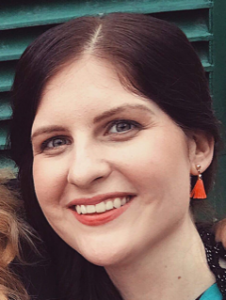

Q: How long have you been an editor and how did your career begin?
A: I took an editing subject as part of my Bachelor of Arts degree, and I adored it. I knew from then that freelance editing is something I wanted to do, but I wasn’t sure how to begin. I conveniently ‘fell into it’ about a year ago. After sharing my aspirations with others, my first client contacted me after being referred by a mutual friend. I said ‘yes’, loved every minute of it, and decided to prioritise my editing aspirations. I’m kicking myself for not doing it sooner!
Q: What type of editing makes up the majority of your work?
A: Most of my work is currently in the academic field. After the success with my first client, I asked a few people I know, who work in universities, to ask around on my behalf and see if anyone was on the hunt for an editor. Turns out there were quite a few! They were referred to me and I’m happy to say I have a few return clients now.
Q: What aspect of the profession do you find most challenging?
A: The hardest part is definitely networking and putting myself out there. All of my clients have come to me via word of mouth so I realise how important networking is. I’m extremely shy and introverted, so this isn’t easy! My goal is to put myself forward and actively seek new clients.
Q: How would you like to build your skills as an editor?
A: I have just started studying a Masters in Editing and Publishing at the University of Southern Queensland. Doing well in that is my primary goal for the year. While I enjoy the academic field, my ideal specialisation would be in fiction editing. I am particularly drawn to the idea of manuscript assessment. I’m hoping this degree will help me to build on my current skills set, teach me new things and introduce me to the huge variety of tasks that editing encompasses. I also want to take as many IPEd workshops as possible!
Q: What do you like about being a member?
A: The workshops! I haven’t been a member for very long, but I am amazed at the variety of learning opportunities that are on offer. I plan to immerse myself in as many of these workshops as I can and improve my skills.I also appreciate how many networking and social events IPEd provides. I haven’t been able to make it to one yet, but I’m looking forward to meeting other members.
Professional development in 2020
by Melanie Dankel
Editors SA’s professional development program (like most other things) is largely on hold for the coming weeks. In the meantime, we will be exploring online avenues so we can stay connected with our members. One of our first initiatives will be a (BYO) book club, which we will run online – more details to come.
One of the benefits of online events is the opportunity to take advantage of webinars hosted by other branches of IPEd. Head to the events page on MemNet to browse what’s available.
Please contact edsa.events@iped-editors.org if you would like to suggest or run a remote session in the coming weeks.
Members helping members
In the past we have held several successful ‘members helping members’ events, where members have had the opportunity to share their skills. Would you be interested in putting your hand up to be a presenter? If you’d like to contribute, please contact our professional development team at edsa.events@iped-editors.org to find out more.
Writers’ Week breakfast
by Lauren Pitman
Saturday 29 February 2020: In Editors SA’s first event of the year, a group of members met for breakfast at The Coffee Club at the Oaks Embassy Hotel on North Terrace. For a couple of hours, we swapped stories of our summer adventures, drank tea and coffee and filled our stomachs. There were about 13 members at breakfast – some came early and left to catch the first speaker, Tara June Winch, at 9.45am. Some arrived later and headed over for the 10.45am sessions with either Christos Tsiolkas or John Boyne. It was great to see a number of newer members at the table.
After breakfast, we walked up North Terrace to the Pioneer Women’s Memorial Garden for the festival. It was a beautiful sunny day in Adelaide – perfect weather for all the events that make ‘Mad March’ so special. The garden was buzzing with excitement as parents and kids lined up to have books signed by festival favourite Andy Griffiths, who had just concluded a session, and others bought books and coffee and found seats to hear writers in conversation.
I sat at the East Stage for the conversation between Christos Tsiolkas and Adelaide Advertiser journalist David Marr. You may know Christos Tsiolkas for his award-winning 2008 novel, The Slap. On Saturday, his conversation focused on his 2019 novel, Damascus. Tsiolkas gave heartfelt and honest answers to Marr’s questions about Damascus, a fictional account of St Paul that follows the beginnings of Christianity and the Christian church. In the words of the Writers’ Week program, Damascus is about how ‘the vicious persecutor becomes passionate proselytiser, and in oppression is born a cult of belief that becomes one of the world’s most powerful religions. Tsiolkas distilled the central theme of Damascus to this question: How do you strive to be and do good in the world?
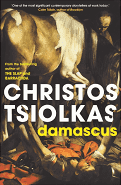
As a gay man who has distanced himself from religion, Tsiolkas was upfront about his life and struggles as the conversation covered love, doubt, faith, God and Tsiolkas’s ‘hopeless optimism’ for humanity. Tsiolkas spent five years researching the novel, during which time he said that he had ‘discovered what it was to be a true student of writing – to pursue, with love, an area of knowledge’. It was a riveting hour that passed quickly, with many people lining up to ask questions at the end of the session, though there wasn’t enough time for everyone to speak.
Sadly for me, Tsiolkas’s session was my only one for Writers’ Week. Of course, I could have spent all day there, flitting between stages to hear talks on Bob Hawke, modern slavery, a tragicomic recasting of The Odyssey, the art of growing up, Chernobyl, Australian Aboriginal philosophies, fate, the Adelaide Festival Awards for Literature, the #MeToo movement and Holland’s Hidden Children.
As always, Writers’ Week was enriching, with thoughtful programming, and – combined with breakfast with my fellow editors – a great way to start a weekend.
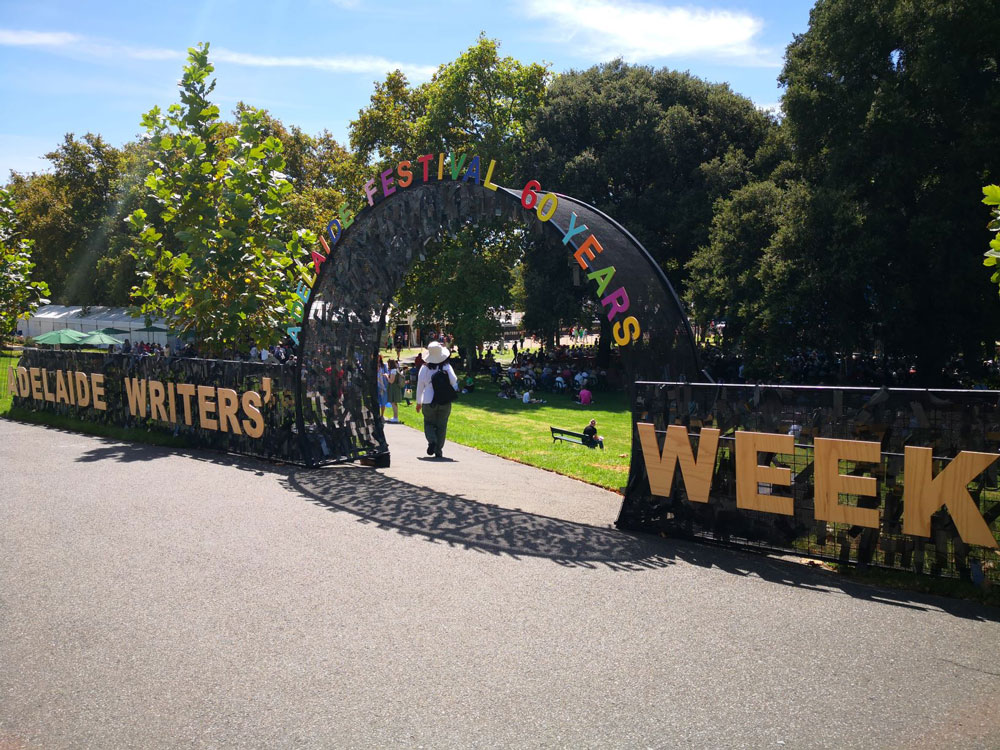
Adelaide Writers’ Week signage and grounds
Photo: Mike Lim
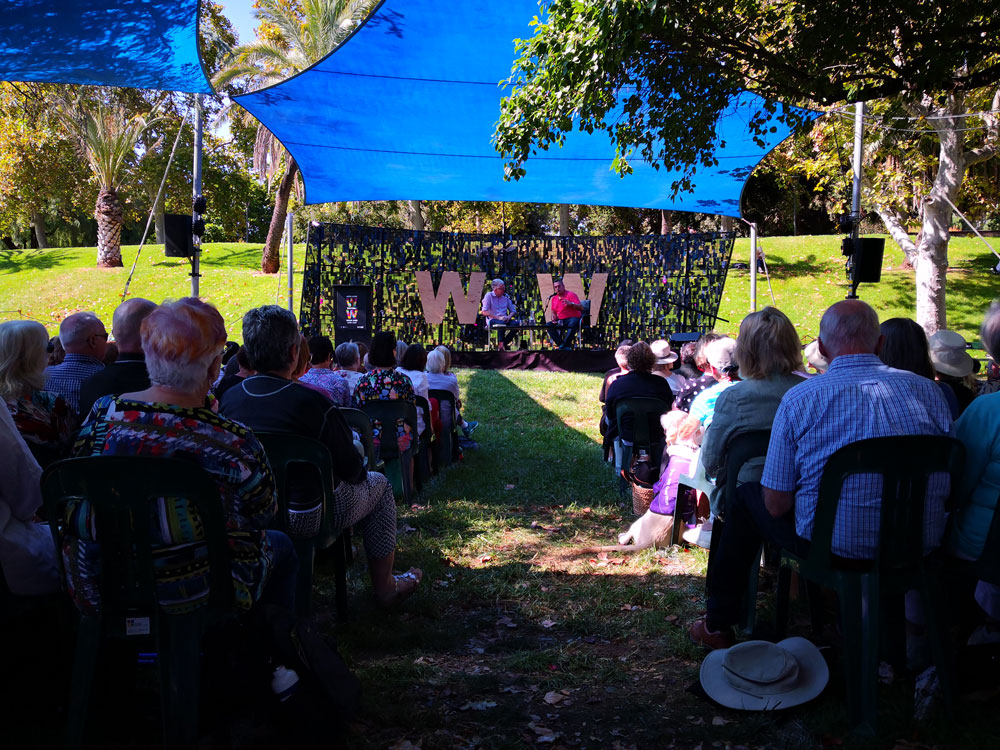
David Marr in conversation with Damascus author Christos Tsiolkas, East Stage
Photo: Mike Lim
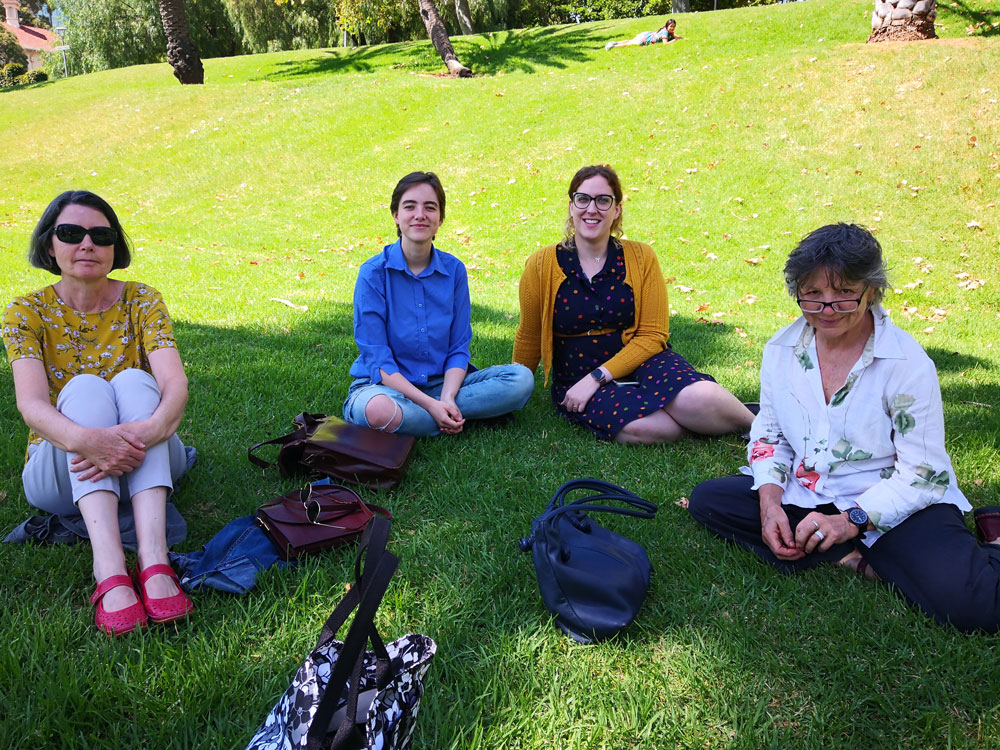
L–R: Adele Walker, Shevaun Rutherford, Angelina Taylor and Angela Brennan at the event
Photo: Mike Lim
Recommended reading
by Ilona Wallace AE
I’m sure many of you have blasted through your reading lists in the spare moments you’ve had in isolation. Personally, I’ve been finding that the ‘work from home equals lots of spare time for hobbies’ thing doesn’t really pan out. Seems busier than ever – now with the added frisson of fear every time I think about popping to the shops to get milk. I hope everyone is staying as healthy and happy as possible. Freelance work, which most of us do, can be lean in normal years, and what’s happening now is anything but normal. Be kind to yourself and each other, and keep your editing community in mind. IPEd members can always join the conversation at Secret Editors’ Business. Even if Facebook is not your thing, consider joining for the next few months to stay in touch with your peers and stay up-to-date with developments that might be relevant to you.
To keep your minds off things, put your eyeballs on these:
Editors: Friend or Foe?
Editors SA member and IPEd ambassador Melanie Dankel recently wrote this wonderful piece for the NT Writers’ Centre magazine, Imprint. Well done, Melanie! And, of course … we think editors are friends.
Purging plagiarism: why authors plagiarise and how to fix it
If you were at the IPEd National Editors Conference last year, you may have attended the creative presentation by Dr Joely Taylor and Katharine O’Moore-Klopf ELS. In a somewhat prescient fashion, Dr Taylor presented live in Melbourne while O’Moore-Klopf joined us in video segments. Now we all wish we had their digital collaboration skills! The paper from that presentation has now been published, and is available for all to read. Hit the link above to read all about plagiarism – what causes it and what editors can do about it.
Lower-literacy users: writing for a broad consumer audience
This is for everyone who has ever had to convince a client that writing clearly and simply is good for everyone. Here’s the data to back it up! It’s a neat little case study about writing websites with low-literacy readers in mind. Spoiler: it makes life easier for high-literacy readers, too.
Garbage Language: Why do corporations speak the way they do?
Ooh, don’t you just love to stamp out a buzzword? Doesn’t a track change striking through nonsense start a shiver running down your spine? Molly Young, the author of this essay in The Cut, gets it. This is a funny and well-researched examination of ‘corporate speak’. This one is good to share with clients you can have a laugh with.
Defending ‘garbage language’, the silly corporate terminology that seriously works
This is a response to the essay above. Which side of the argument are you on?
Elizabeth Little: Pretty as a picture
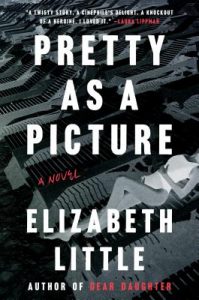
A novel? About an editor?? It can’t be! The protagonist of this mystery novel is a film editor – and arguably film editors get even less press than their bookish counterparts. Although it rockets into silly territory fairly quickly, the getting-to-know-you stages of the book include some beautiful descriptions of how the film editor ‘sees’. You might find some parallels with how you work!
